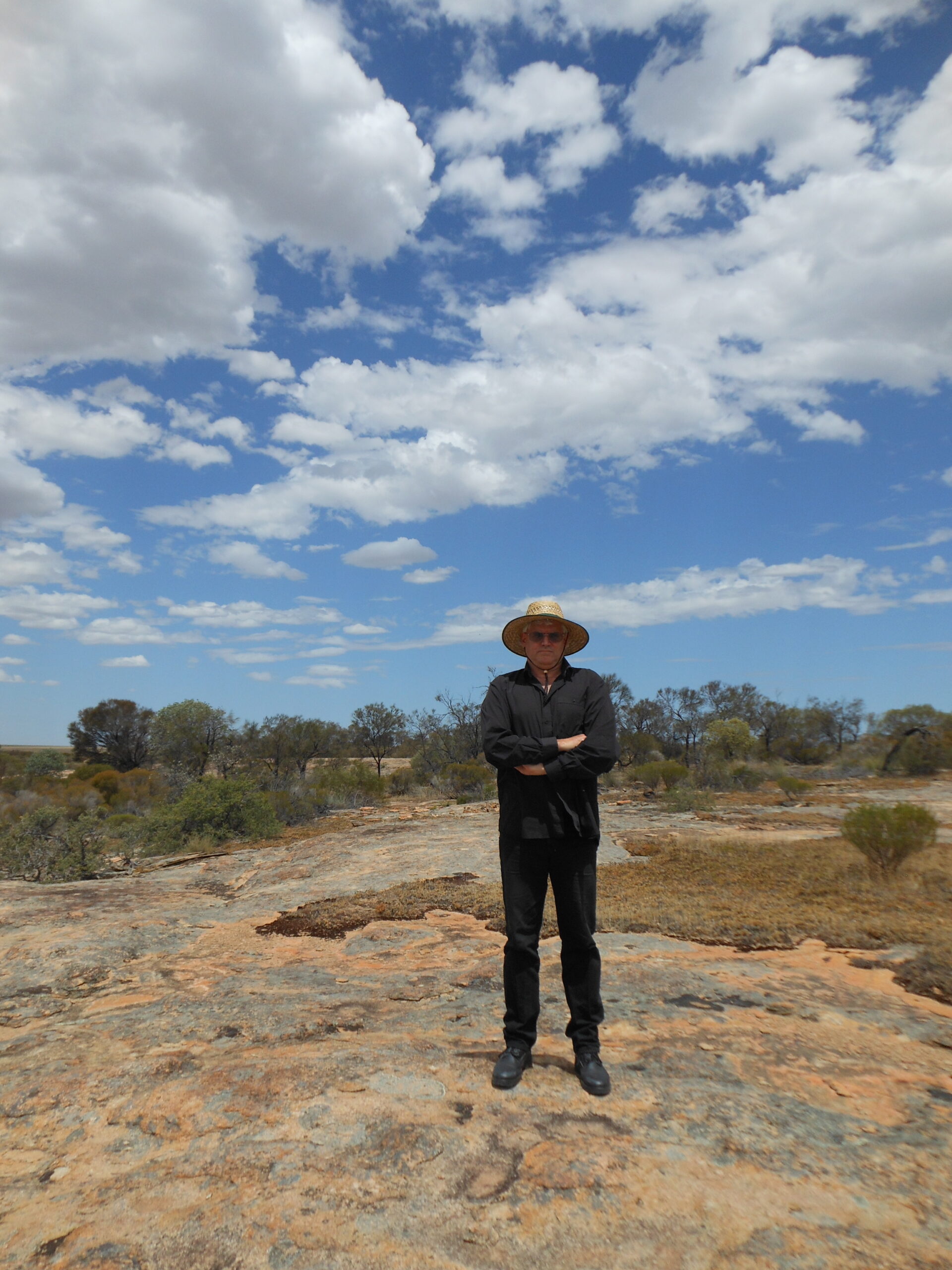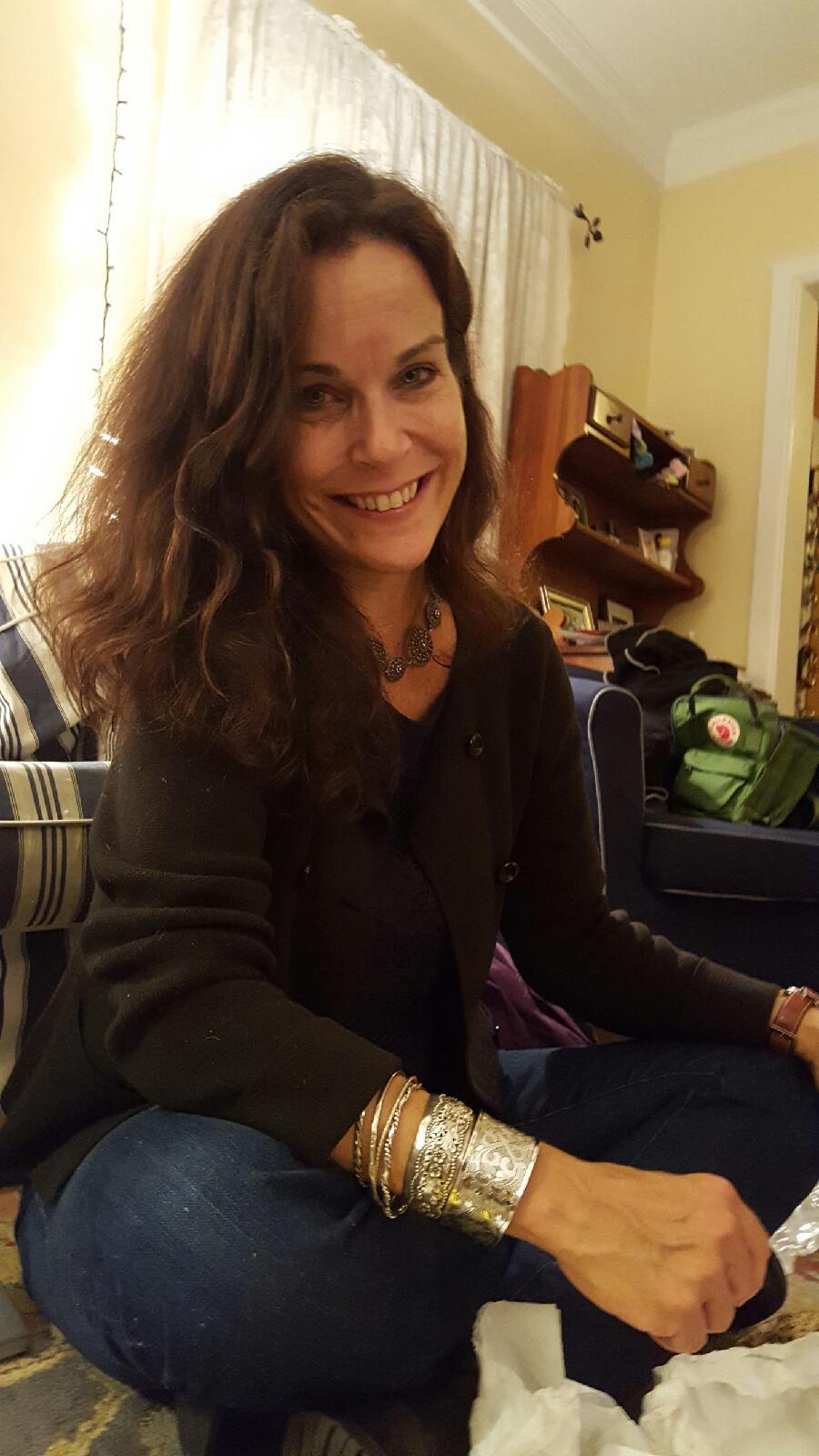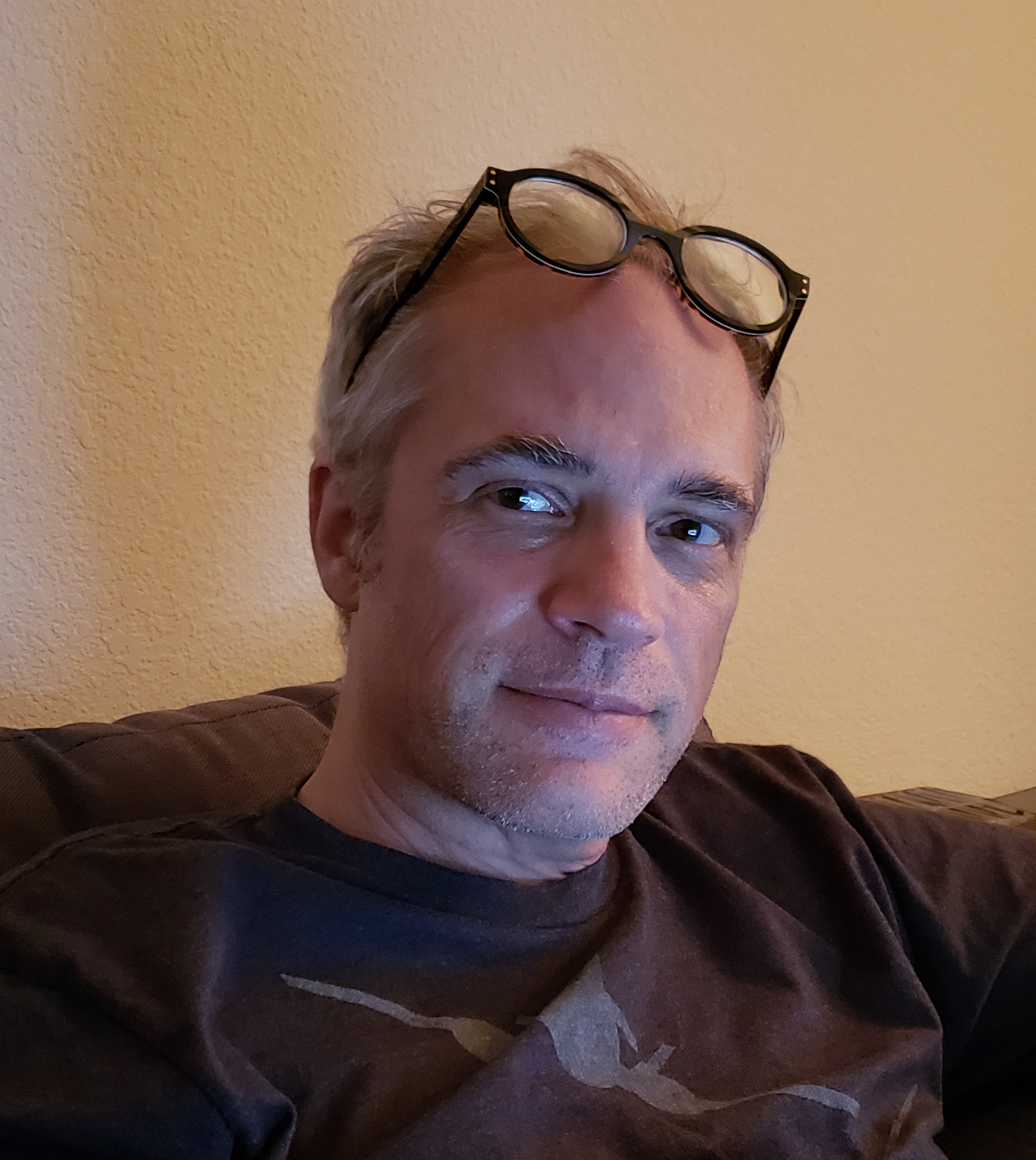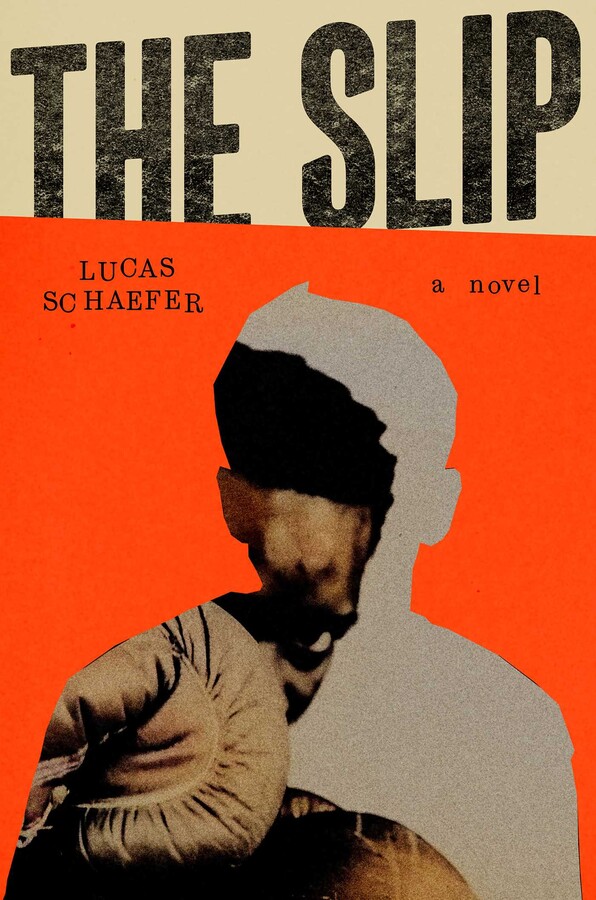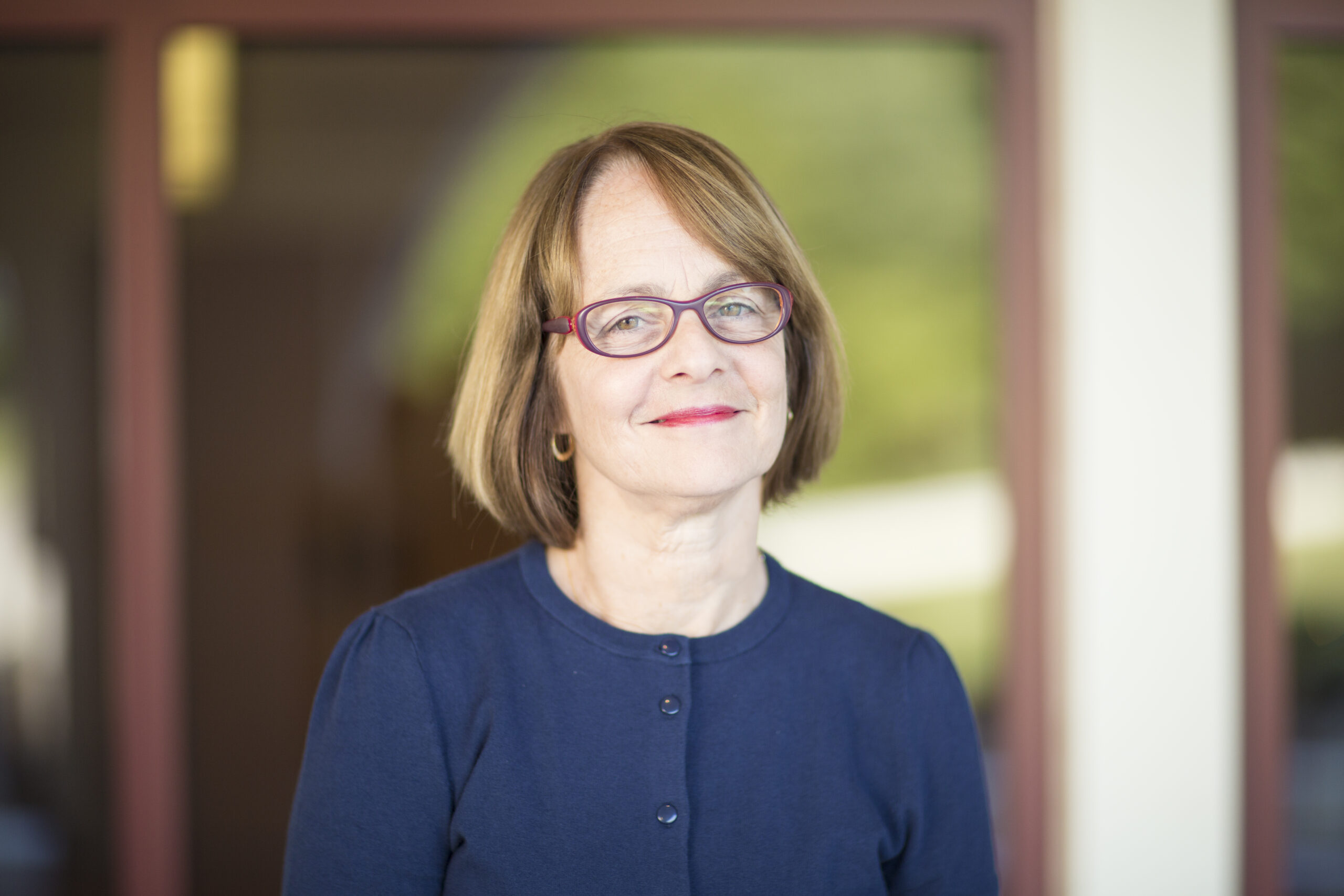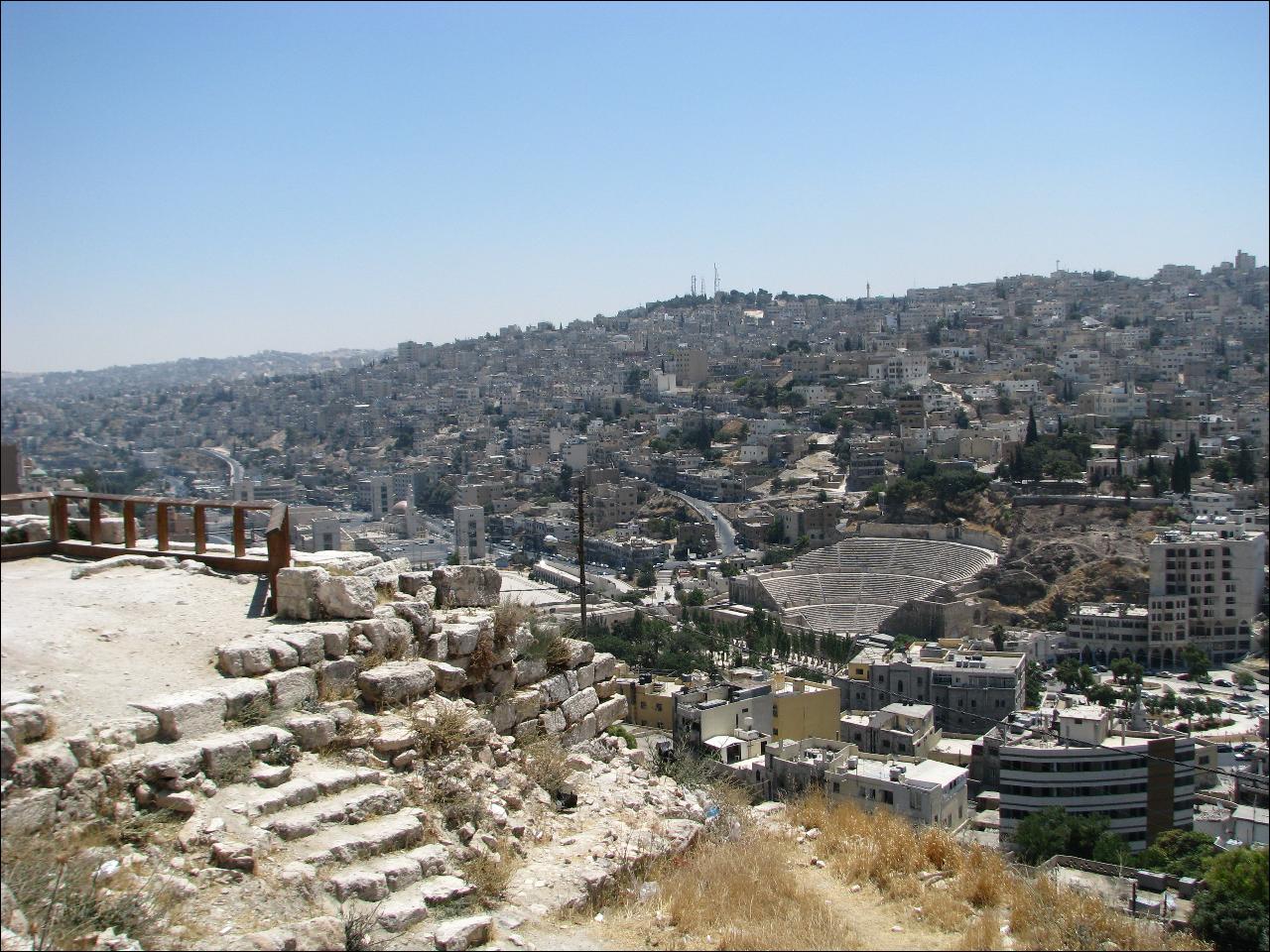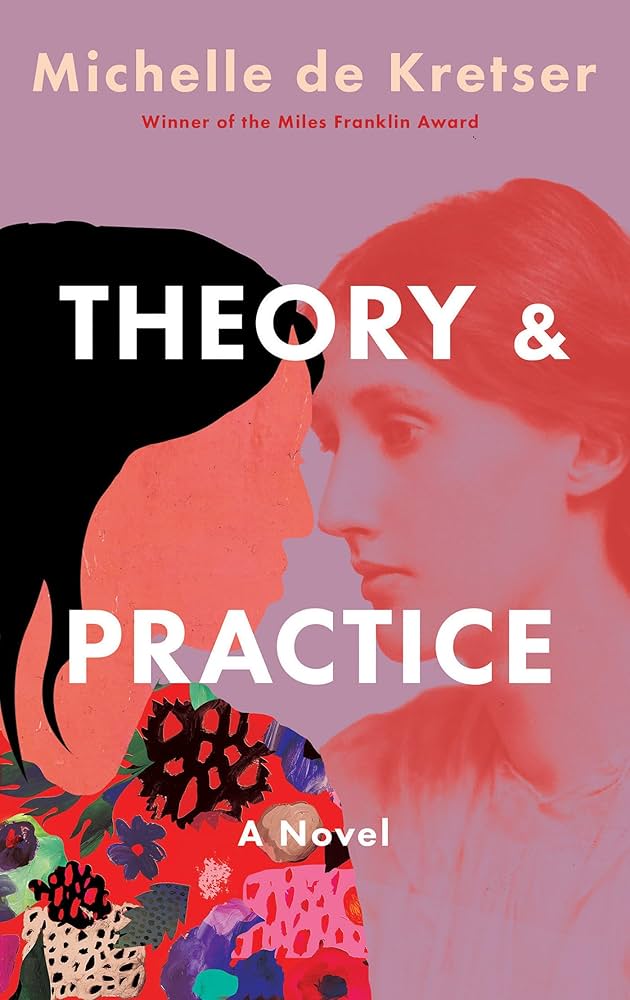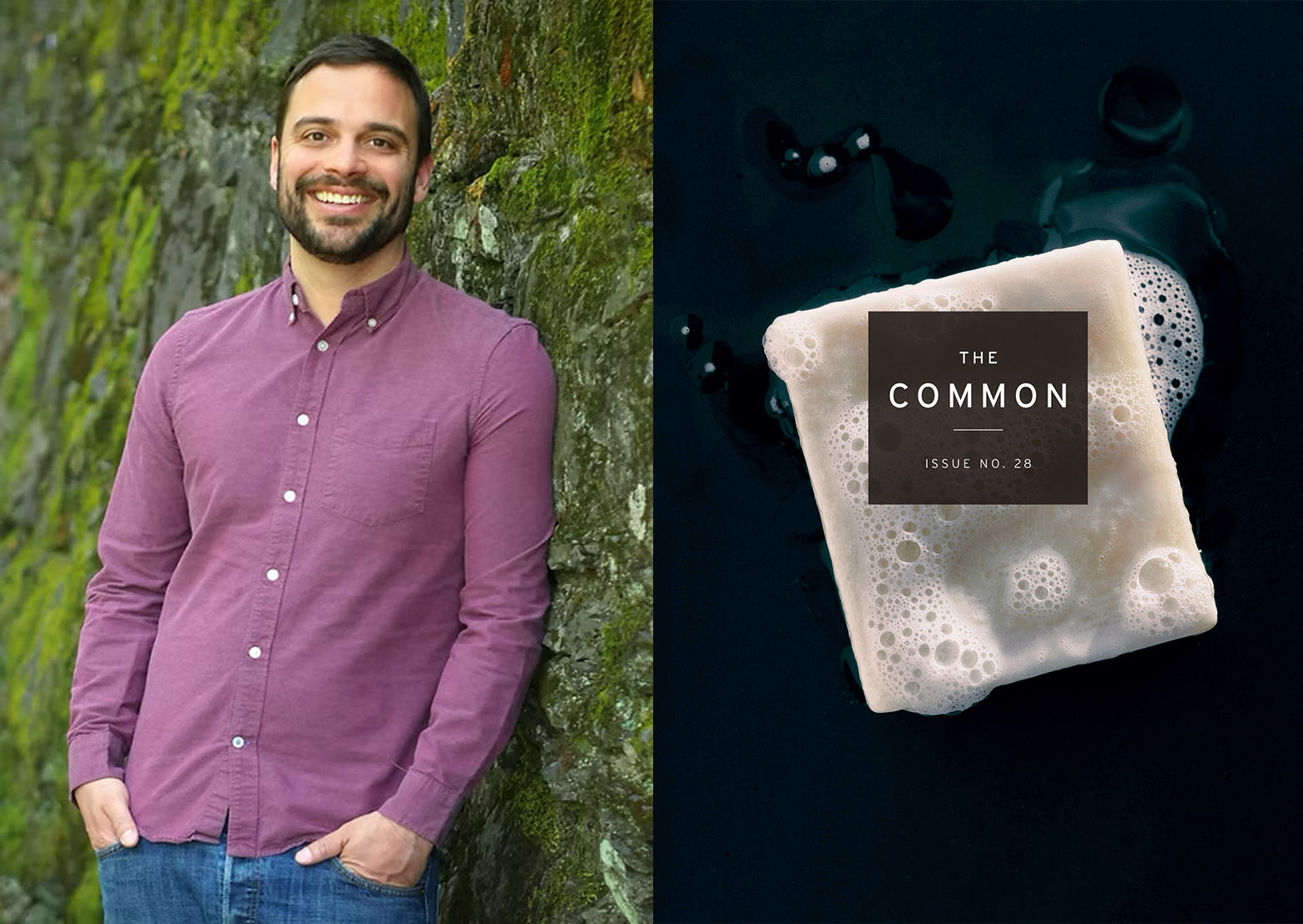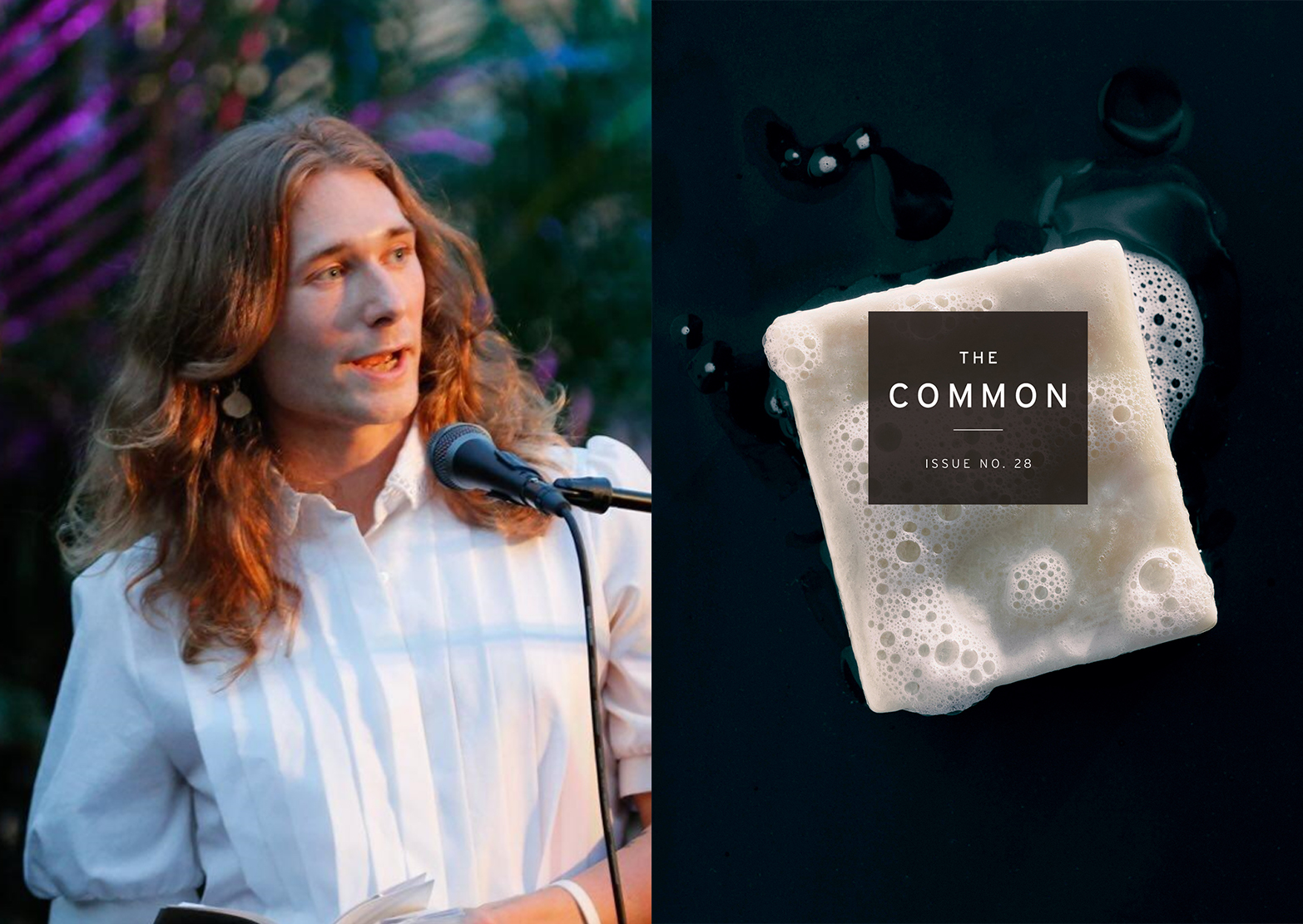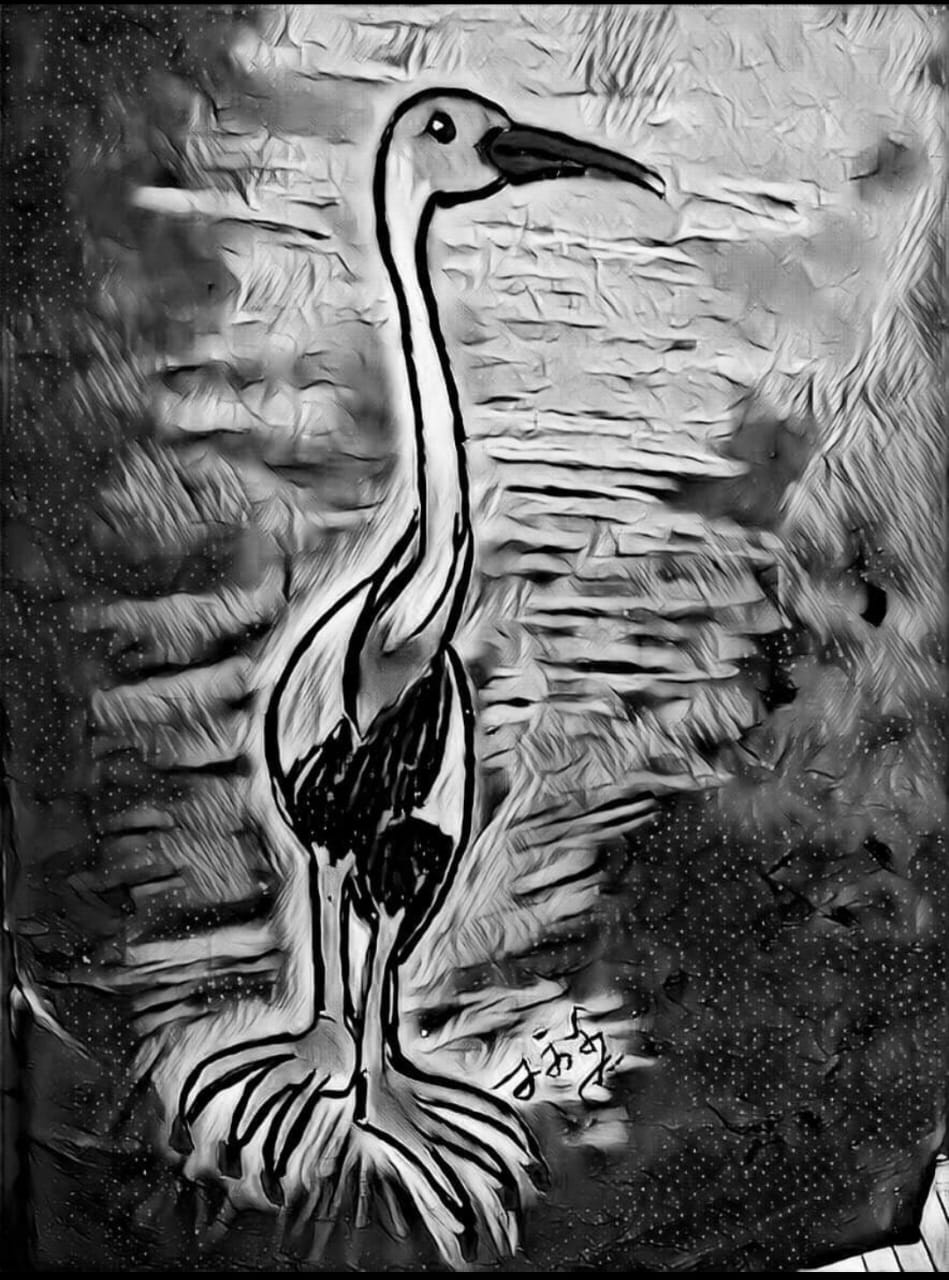To take a liberty with lexicon
is remiss in the circumstances
of the curlew
with diminished habitat.
It reprises every day,
and the mudflats
sheeted by the in-
sweep of tide leads it to the mowed
grass in front of the Bantry
Kei Lim
Covanta Incinerator, Newark, New Jersey
Out my kitchen window, no pink corridor of smoke.
Along my daughters’ walk to school, redbud trees, native to this state, also known as flamethrowers.
Five miles away, in Newark, the sky above Raymond Boulevard blooms with the discard, the abandoned, rubbish—
No, those are not the right words.
Midweek
By BILL COTTER
“I knew this guy once, called Andre,” Gary said, striking a strike-anywhere match on the zipper of his fly. He lit a Salem and buried the match in a clay flowerpot at his end of his porch step. He looked at me, not for permission to continue, but as though he were inviting me to dare him not to.
“Andre,” I said, kind of liking the feel of the name on my teeth.
Tuesday
The morning after Ed Hooley saw a coyote in the supply closet, Bob Alexander declared something smelled rotten inside Terry Tucker’s Boxing Gym.
This was at six a.m. on a Tuesday, midway through abs and stretching. Inside the ring, the eleven members of the First Thing crew sprawled out on foam mats as Terry Tucker, fifty-four, led them through an arduous medley of scissor kicks and side-to-sides, knees-to-your-ears and upside-down bicycle. It was August in Austin, the average age inside the ring was forty-nine, and though it would be hours before a single speck of perspiration would appear on Terry’s left temple, his charges were sopping.
Aqueduct
All the other professors emeriti
have shuffled in, neat in jacket and tie
except for the few ladies (flats and hose),
and nobody’s not in hearing aids—both those
with hair to hide the wires and those without,
and (a sub-category) those who shout
their greetings now while sporting a severe
kind of stopper, jammed into the ear
as if to bar the spillage of what remains
(old wine in old bottles) of their brains.
City / Non-City
By YARA GHUNAIM
Translated by WIAM EL-TAMAMI
Eight Ways of Looking at a City
1.
Every day, on my way to work, I make a bet with myself: Will I find the tree—the one next to the Own the Apartment of a Lifetime! sign—still standing in the same place? When we’re together in the car, my mother wonders aloud: “My God, when did that building come up?” I imagine the buildings sprouting up from the earth, like plants.
2.
I spend more than half my day in an office, behind a closed door, inside a gigantic glass building. I sit in front of the computer screen. I contemplate how empty space becomes apartments to be bought and sold. Now that homes have become investments, there is no sky left; all the air is now conditioned. They’ve blocked out the sun, buried the sea in another city. And yet, when I go out, I see flowers growing, forcing their way through the concrete of the sidewalk. I marvel at their intuition—their knowledge that concrete is bound to break.[1]
Review: Theory and Practice by Michelle de Kretser
By MICHELLE DE KRETSER
Reviewed by AMBER RUTH PAULEN
One of the brilliances of Michelle de Kretser’s newest novel Theory and Practice is how the author lassoes life’s “messy truths” into a neat and slim book. To do so, de Kretser asks many questions at once: How does shame lead to silence? Why write? What to feel when an idol falls from grace? How do you break free from your mother (the Woolfmother included)? How do class and race determine your place in the world? What to do when life doesn’t fit your ideas about it? Additionally, de Kretser remains flexible in form: fiction blends with essayistic, academic, and autobiographical elements. Even the cover of the Australian edition features a young de Kretser, as if to say, this book might be about things that have actually happened. With so much going on, it might seem like the book would fall apart, but it is a concise and searing portrait of what it’s like to be alive in a certain place and time and body.
Podcast: Michael David Lukas on “More to the Story”
Transcript: Michael David Lukas
Michael David Lukas speaks to managing editor Emily Everett about his essay “More to the Story,” which appears in The Common’s fall issue. Michael talks about his writing process for the essay, which began when a dark family mystery moved him to research a side of his family he’d never learned much about. He also discusses the revision stages of the piece, which included adding in details of the other side of the family—his mother’s parents—who were Holocaust survivors. We also talk about his time as a nightshift proofreader in Tel Aviv, and the new novel project he’s working on now.

Podcast: Gray Davidson Carroll on “Silent Spring”
Transcript: Gray Davidson Carroll
Poet Gray Davidson Carroll speaks to managing editor Emily Everett about their poem “Silent Spring,” which appears in The Common’s fall issue. Gray talks about poetry as a way to witness and observe the world and how we experience it, and how it’s changing. Gray also discusses how they started writing poetry, how they approach drafting and revision, and how their work in public health fits with and complements their work in poetry. We also hear a reading of Gray’s first poem in The Common, “November 19, 2022,” about the Club Q nightclub shooting in Colorado Springs.

Dispatch from Marutha Nilam
Poems by SUKIRTHARANI, ILAMPIRAI, and SAKTHI ARULANANDHAM
Translated from the Tamil by THILA VARGHESE
Table of Contents:
- Sukirtharani, “For the sake of living”
- Ilampirai, “Loot”
- Sakthi Arulanandham, “Land Grabbing Bird”
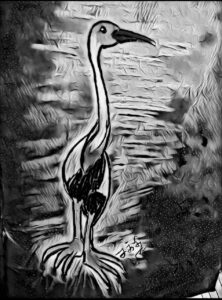
Drawing by Sakthi Arulanandham for her poem “Land Grabbing Bird.”
Marutha Nilam (The agricultural and plains region)
For the sake of living
By Sukirtharani
In the courtyard filled with
bubbling water flowing from
the palm-leaf thatched roof
during monsoons,
grew a golden shower tree.
On that tree, yellow flowers
bloomed in clusters.
There was a nest on the tree
where sparrows with short beaks
would be chirping incessantly.
Sitting under the shade of the tree,
I would be studying passers-by.
